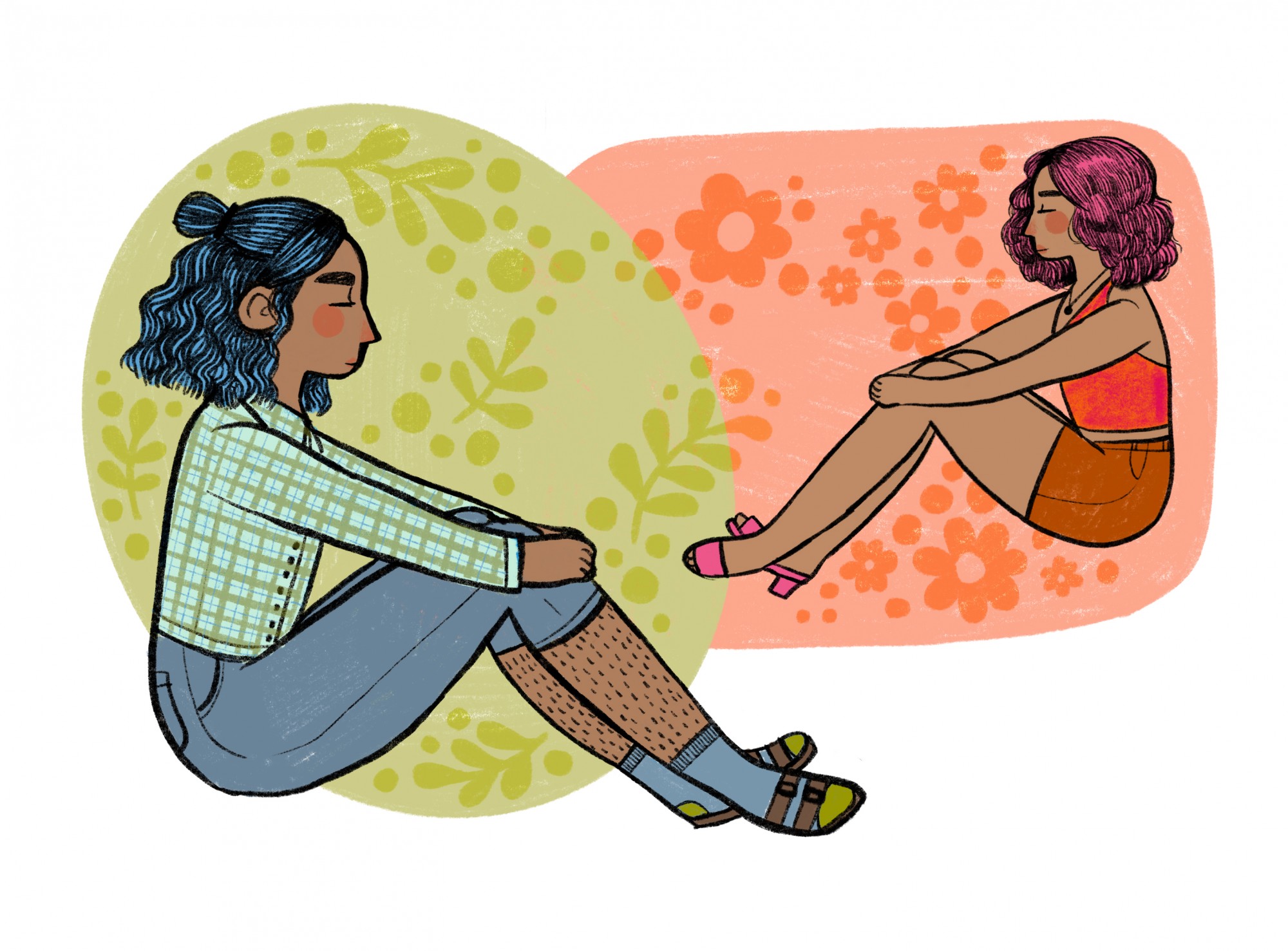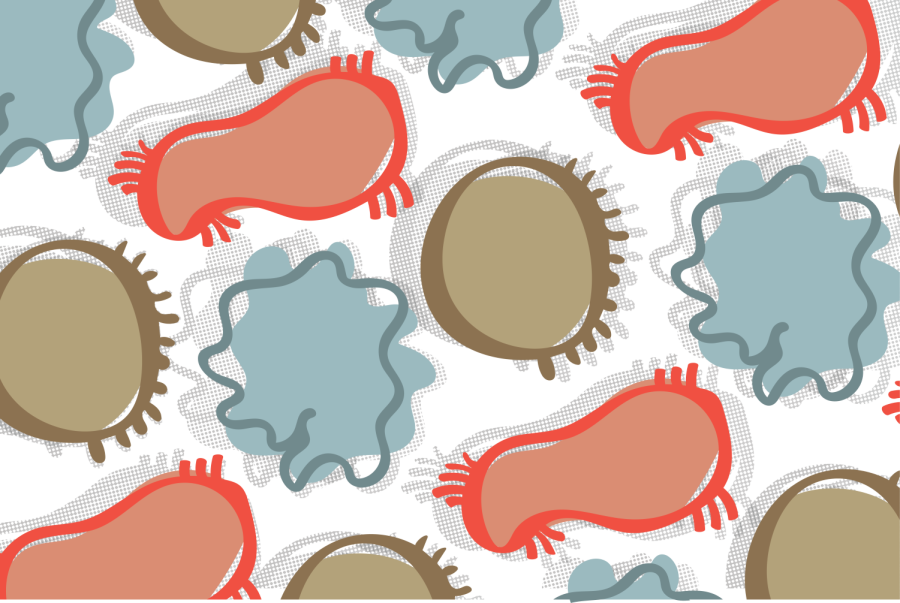A new University of Minnesota study found that LGBTQ college students are more likely to develop eating disorders than their heterosexual and cisgender peers.
The study, which used data from the College Student Health Survey, aimed at finding the existing disparities between the rates of eating disorders in LGBTQ and non-LGBTQ students. The researchers also measured the disorder’s impact on academic achievement and success.
Eating disorders have the highest mortality rate of any psychiatric illness, said Emily Pisetsky, the lead researcher and an assistant professor in the Department of Psychiatry and Behavioral Sciences. This makes eating disorders an important topic to delve into, especially as it relates to minority groups, she said.
“We know that early intervention is associated with better outcomes,” Pisetsky said. “Being able to identify folks who are high risk will allow us to have more targeted intervention and prevention efforts.”
According to the study, cisgender women, transgender and gender-nonconforming students reported higher rates of eating disorder diagnoses than cisgender men.
In comparison to their heterosexual peers, lesbian, gay and bisexual students also had a higher likelihood of having these disorders. Within these identities, bisexual students and students who were “unsure” of their sexual identity had the highest rates.
“[Bisexuality] is not a group that you hear as much about, and we think that may be part of the stigma,” Pisetsky said. “It’s something that can often be sort of minimized and not feel … quite like they fit in with the queer community or quite like they fit in with the straight community.”
In addition, bisexual students were more at risk of having eating disorders impact their academic performance and achievement.
“The cognitive burden of navigating your identity development [takes] up a lot of mental space, which may take up more space than the off-the-wall college student, where you have a lot going on already,” said Melissa Simone, a postdoctoral research fellow in the Department of Psychiatry and Behavioral Sciences.
The fact that a sexual identity can put some at a higher risk of eating disorders and can impact academic success is something that needs to be looked into further, said Autumn Askew, who works at the Minnesota Center for Eating Disorder Research and contributed to the study.
“We are actively educating all of our clinicians here to recognize that eating disorders come in all shapes, sizes, backgrounds, colors, everything,” said Jennifer Krzmarzick, who is on the eating disorder team at Boynton Health.
For those worried about a friend’s mental health or eating patterns, Krzmarzick recommended a visit to Boynton or The National Eating Disorder Association website.














